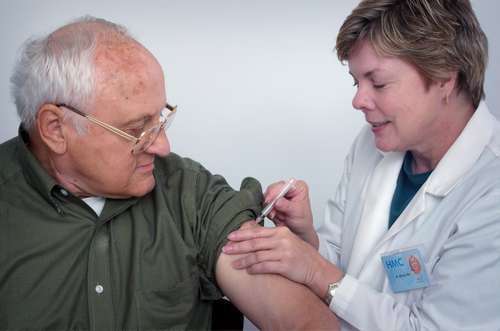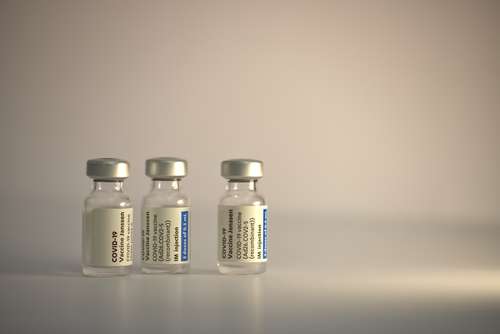Related posts
Recent Posts
- FDA Shifts 2026 Vaccine Strategy: New LP.8.1 Shot & Shared Decision Making
- Stabbing Sore Throat? What to Know About the Nimbus Variant and New CDC Rules
- Discover the Healthiest and Unhealthiest Sleeping Positions
- Finding Comfort in Community: Sands Utd's Support for Bereaved Dads
- Bradford Community Centre Balcony Extension Plans Rejected







